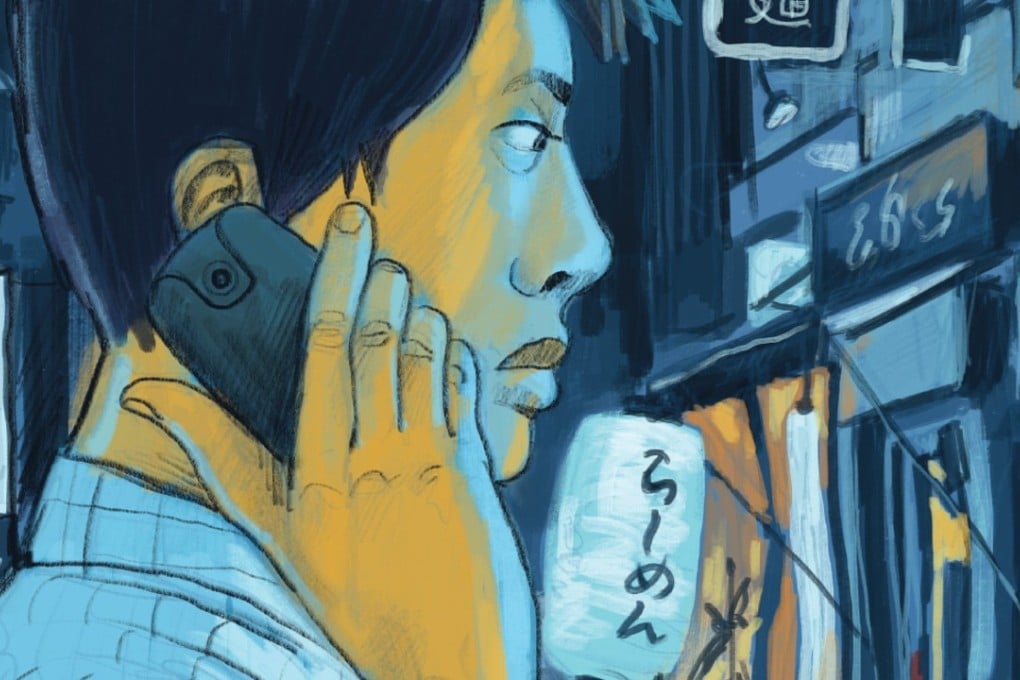Review | A mind-bending exploration of identity and the problems of contemporary Japan
In weird and wonderful novel ME, Japanese writer Tomoyuki Hoshino satirises the narcissism of his lead character, who adopts another’s identity on a whim and soon wishes he hadn’t

ME
by Tomoyuki Hoshino (translated by Charles De Wolf)
Akashic Books
Strange as it sounds when you read a summary of Tomoyuki Hoshino’s weird and wonderful novel, ME is inspired by actual events. First published in Japanese in 2010, its original title, Ore Ore (roughly translated as “it’s me”), is taken from a notorious phone scam that has beset Japan for more than a decade. This vague greeting was designed to trick an often elderly victim into thinking they have been called by a young relative in need of rapid financial assistance.
The fraud has proved remarkably successful: The Japan Times estimated that ore ore and related confidence tricks have earned fraudsters about 50 billion yen (HK$3.5 billion, US$450 million) annually for more than a decade.
It’s not hard to imagine such schemes inspiring a conventional crime novel, or possibly even a horror story. ME, which won 2011’s prestigious Kenzaburo Oe Prize and was released in English translation last month, follows these possibilities to their illogical conclusion to explore Japanese society, family and human character.
Our protagonist, or at least the first of several “MEs”, is Hitoshi Nagano, a slacker who sells cameras in a superstore rather than pursue his dream of being a photographer. Self-centred and passive, his character is summed up in the moment he watches his furious mother exit his flat: “Reason told me to follow her, but my indifference won out.”